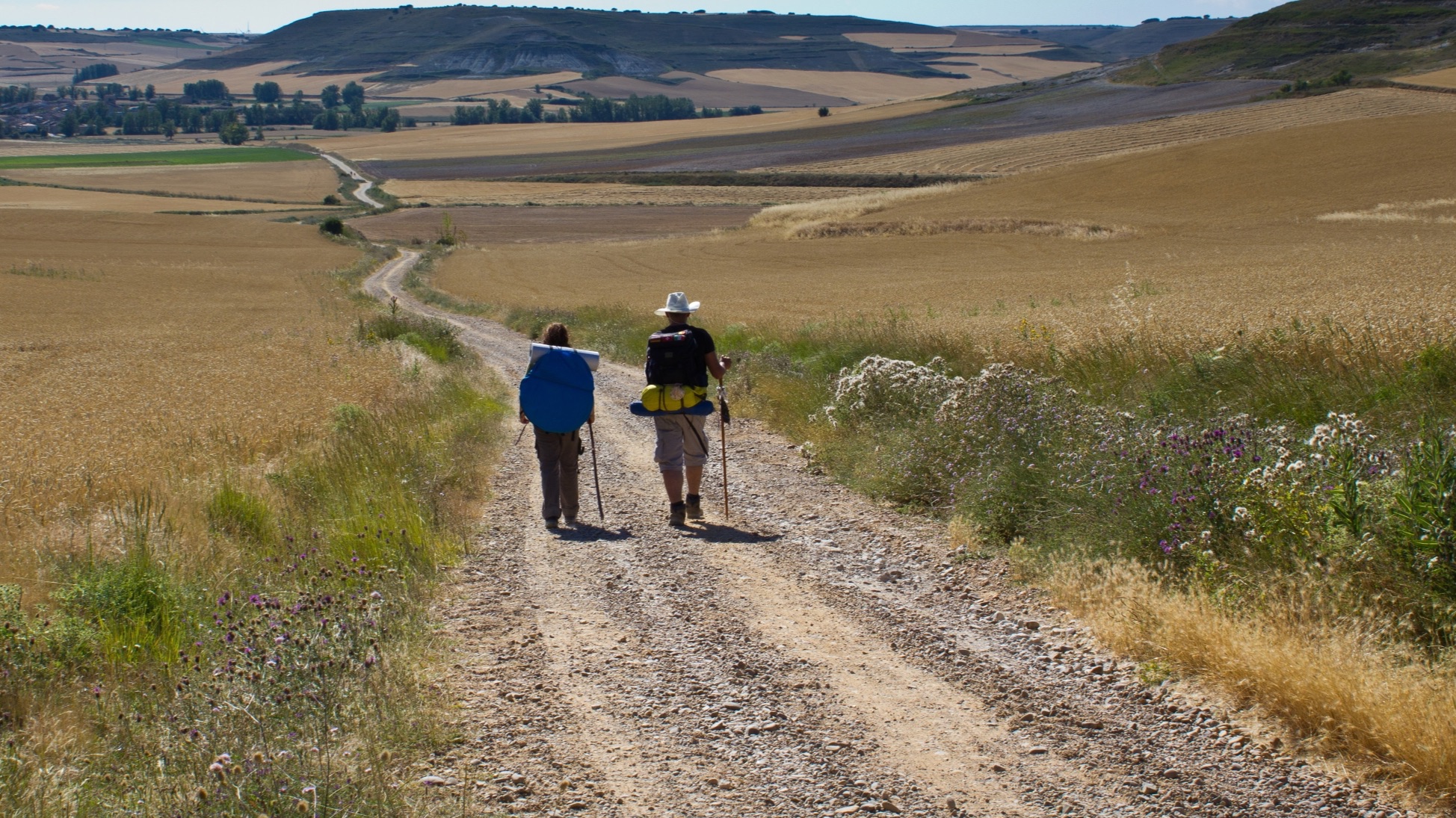Wilderness — The Way to Transformation
Mar 02, 2024
The gospel lesson appointed for the first Sunday in Lent sets the stage for the season by recounting Jesus’ baptism and his experience in the wilderness. Typically, when people recall Jesus’ baptism, the focus is on the dramatic epiphany that occurs as Jesus comes out of the water — the heavens parting, the Spirit descending, and a voice declaring, “You are my son, the Beloved, with you I am well pleased.” Although the specifics of Jesus’ baptism vary, this epiphany is acknowledged in all four gospels. Unfortunately, this leads us to assume that the hallmark of Jesus’ baptism is this Divine declaration which we readily interpret as confirmation that Jesus is fundamentally different from other human beings. In other words, this epiphany becomes our justification for placing Jesus on a pedestal that elicits worship rather than our embracing his invitation to emulate him — “follow me.” Consequently, Jesus’ teaching and lifestyle are no longer perceived to be an exhortation to participate in the Dream of God but our justification not only to decline Jesus’ invitation but to deny our fundamental nature as children of God. In other words, we embrace this story in order to absolve ourselves of the responsibility to grow into the fullness of our humanity.
Such a narrow focus also skews our understanding of the second phase of Jesus’ baptismal experience, his entering the wilderness for forty days (i.e., for a prolonged period of time). It is important to note that the wilderness experience is not an optional excursion that Jesus chooses. Jesus’ baptism isn’t complete until he experiences the wilderness. As Mark’s gospel emphatically notes: “And the Spirit immediately drove him out into the wilderness.” In other words, Jesus is compelled by the Spirit to enter the wilderness. Unlike our modern idyllic notion of “the great outdoors,” the wilderness represents chaos — the realm of danger and evil. It is a wasteland — the place not under human dominion. Yet, even in this godforsaken realm Mark insists that the Divine is present: “and the angels waited on him.”
It is in the gospel accounts offered by Matthew and Luke that we ascertain the details regarding the specific challenges or temptations that Jesus encounters in the wilderness. And it is imperative to note that these challenges or temptations are those that are common to humanity. These challenges or temptations concentrate on three fundamental human desires (what Thomas Keating referred to as our power centers): our desire for survival and security, esteem and affection, and power and control. These power centers exert tremendous influence throughout the human developmental process. Unfortunately, for many, the influence of these power centers remains unconscious. Only by consciously confronting these power centers is Jesus capable of living his life as the beloved of God — that is, growing into the fullness of his humanity. It is not insignificant that Jesus must consciously confront these power centers prior to his embracing his vocation and beginning his public ministry.
When Jesus emerges from the wilderness, he comprehends who he is. He realizes that his power — his authority — is not dependent upon external factors. His power and authority emanate from his knowing that he is beloved of God. Thus, Jesus emerges from the wilderness affirming that the Dream of God has come near — a present and ongoing reality. His invitation is to repent and believe this good news. To repent is simply an invitation to change the direction in which we are seeking fulfillment. Instead of focusing on external factors, remember who you are, the beloved of God, and live life from that awareness. Jesus’ other encouragement is to believe in the good news. Belief is not the giving of intellectual assent to the ideal of the Dream of God. As Karen Armstrong has noted, belief requires the committing or engaging of one’s self. In order to experience the Dream of God, we must be willing to commit and engage life from the perspective of our nature as children of God — embracing the fullness of our humanity as we live our lives. It is only when we are willing to acknowledge and let go of the limiting attitudes of our personality and then consciously embrace the fullness of our humanity — choosing to align our personality with our soul — that the Dream of God is experienced.
Jesus’ experience in the wilderness, like his life and teaching, is meant to remind us that we too must be willing to consciously confront our power centers. That we too must intentionally choose how we will engage life. Jesus’ life and teaching insist that life is more than physical survival and security, more than obtaining the fleeting acknowledgement of others, and more than seeking power over others. It is the personality that clings to these temporal or impermanent desires. Only the soul is capable of transcendence — capable of experiencing the liberation required to live fully into our human potential as children of God. Only then does the Dream of God become an incarnated reality.
SUBSCRIBE TO OUR MAILING LIST
Be in the know when a new blog is posted.
We hate SPAM. We will never sell your information, for any reason.

